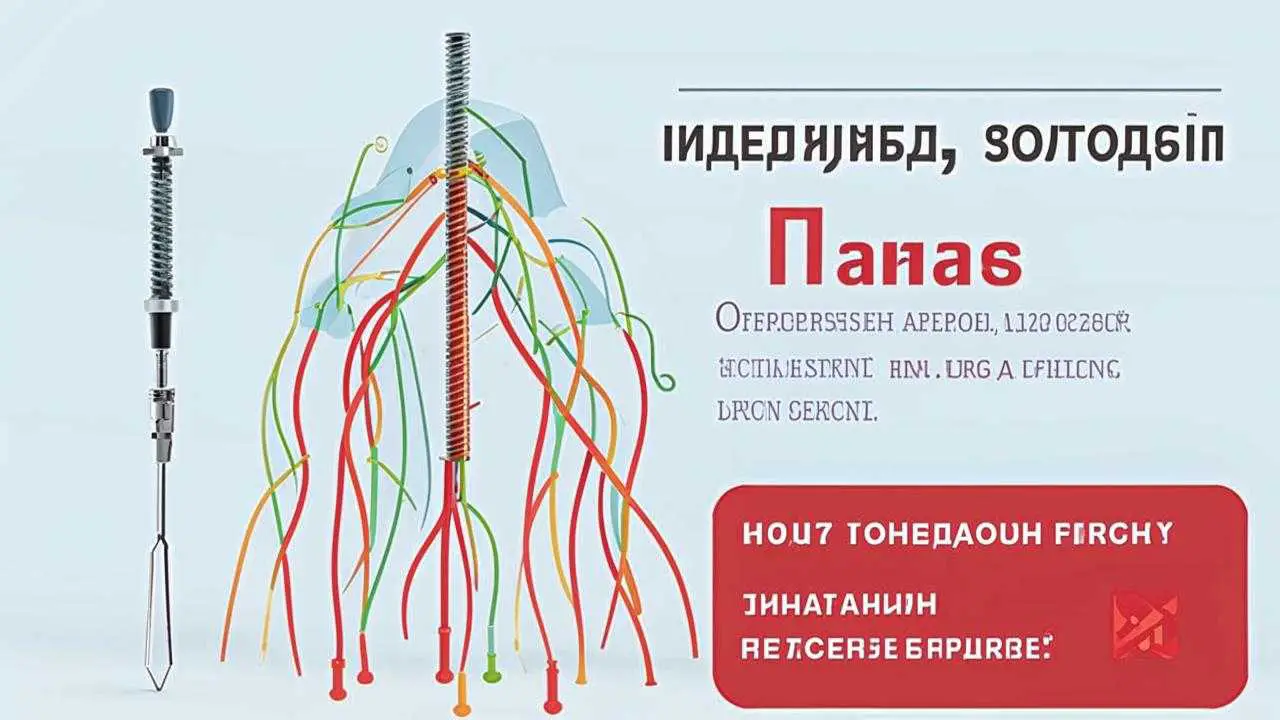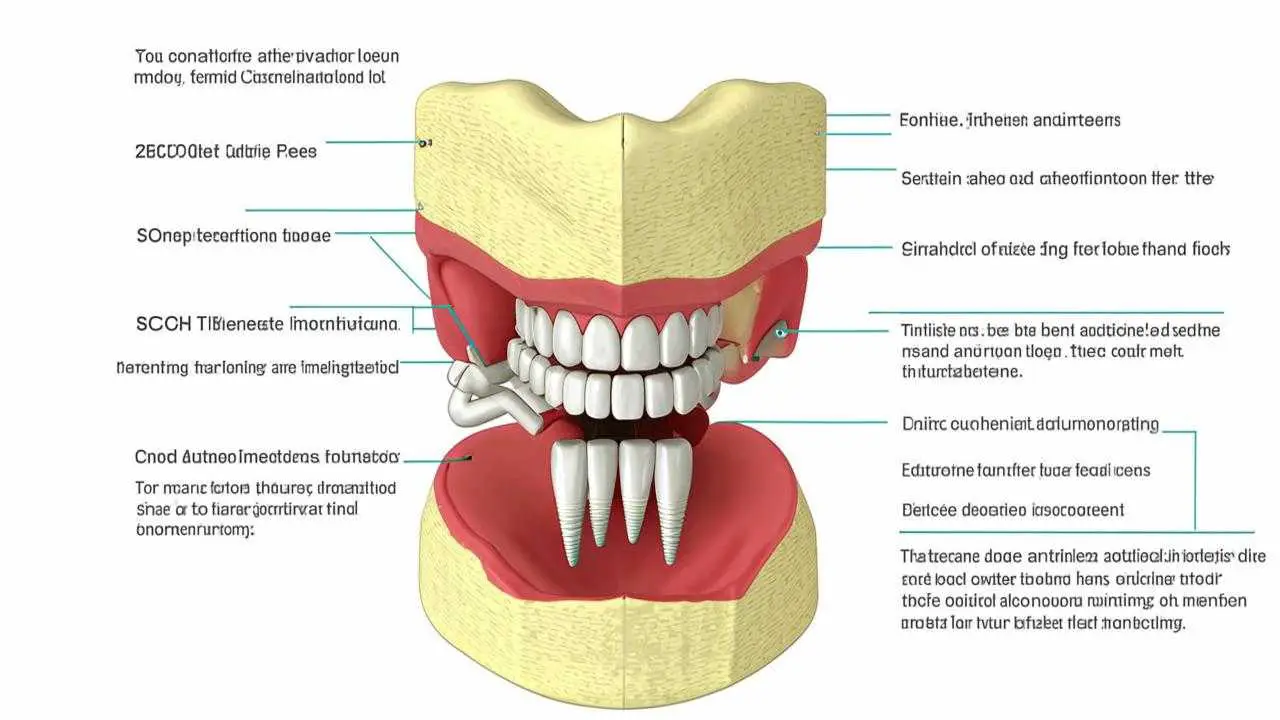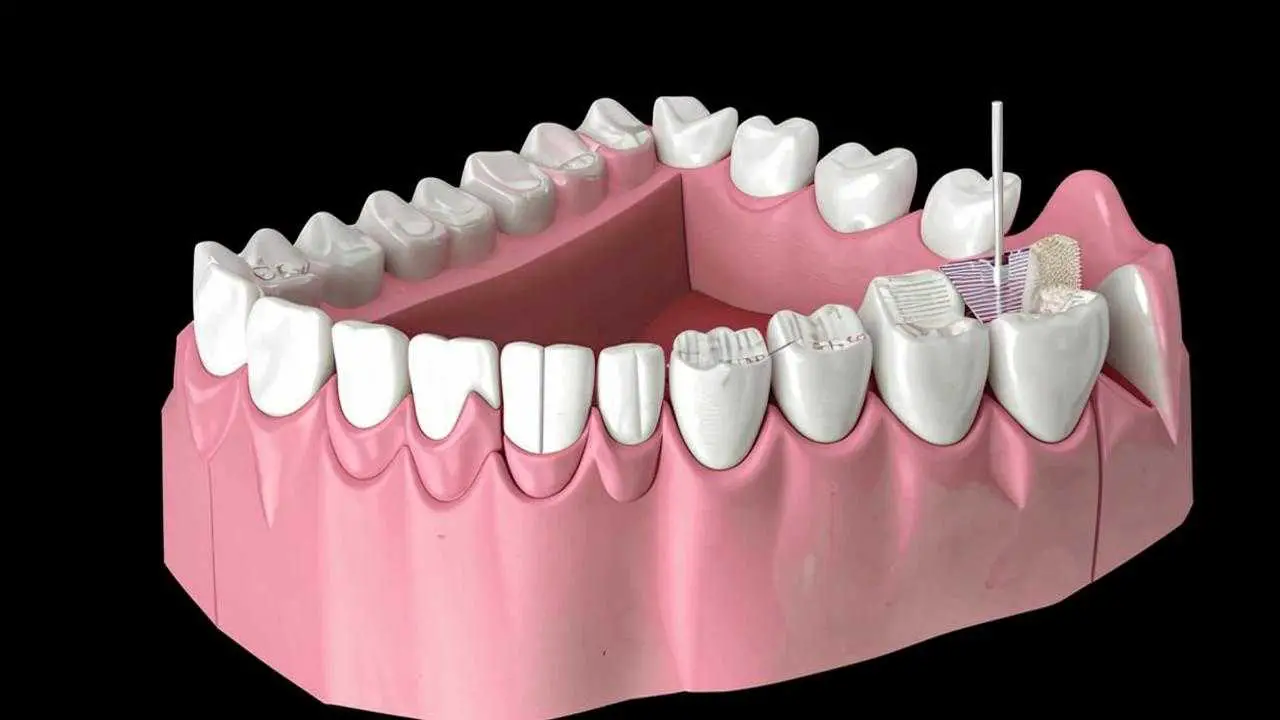Reading time ~ 5 min Number of readings: 35481
Numbness after dental implantation, swelling, pain, bleeding gums – perfectly normal phenomena of surgical interventions as long as they do not last longer than the prescribed period. The presence of such symptoms for more than 7-10 days should be alarming, and become a reason to visit a doctor.
And if numbness does not go away after implantation on the upper jaw or lower jaw after 5 hours – it is better to call the doctor who performed the surgery.
Why numbness can occur in different parts
In order that the patient does not feel pain during implantation (as with tooth extraction or any other operation), local anesthesia is made. An injection with a special agent that numbs the tissue in the area of future surgical intervention. Usually paresthesia lasts 3-5 hours, if sensitivity begins to return, the anesthesiologist may decide to add some more of the drug. If the numbness of teeth after implantation lasts more than 5-6 hours, it may be a complication.
Reasons why numbness after implant placement does not go away:
- poor-quality anesthesia: bad drug, incorrectly selected dose, traumatization of the nerve during the introduction of the drug, incompetence of the anesthesiologist;
- nerve compression due to incorrect implant or implant site. A pin that is too long can pinch, pinch the nerve;
- numbness of the lower jaw after implantation due to damage to the trigeminal facial nerve, which runs in that area, while screwing in the artificial root or working with a drill to prepare the hole.
What is normal
Numbness during implantation is an integral part of the entire procedure. It is comfortable for the doctor to work in this way, because the patient feels nothing, is calm and does not make sudden movements, he does not worry about anything. The implantologist can operate as usual. Therefore, the anesthesiologist’s task is to select the drug so that after its administration in a few minutes the sensitivity of the prepared area disappeared.
Numbness after dental implantation for up to 5 hours is predictable, is normal and should not cause concern in a person.
How to understand the cause and diagnose the complication
If you feel too long numbness of the gum after implantation, jaw, cheek, go to the dental clinic for a consultation. After visual inspection, X-ray diagnosis, Dopplerography of the vessels of the jaw, the cause of paresthesia will be clear: there was a clamping or serious nerve damage.
Symptoms associated with the complication may be as follows:
- numbness after dental implantation is too long, goes beyond the boundaries of the time period voiced by the doctor;
- mild tingling and burning of soft tissues;
- swallowing difficulties;
- abnormal facial expressions, unable to control them;
- increased salivation;
- painful sensations;
- nasal congestion.
If numbness of the lip after implantation on the lower jaw does not go away and sensitivity does not return after 6 hours, it may indicate damage to the mandibular facial nerve.
The doctor will note the condition of the nerves, the proximity of the implant to the nerve, and the extent of the damage on the X-ray photograph:
- Neuropraxia – a mild degree of complication, sensitivity is absent for only about one day or less. Depends on the individual peculiarities of the patient’s body;
- axonotmesis – possible numbness of the chin after implantation of teeth or gums for a month. Nerve cells need to regenerate. After regeneration, sensitivity is often less than before;
- neurotmesis – severe damage to nerve tissue, its integrity is compromised. Several months are needed for recovery.
If sensitivity does not return within 5-6 hours, you are concerned about something after implantation, do not hesitate to contact the doctor who performed the implantation.
Treatment
With a minor injury, the tissue will be numb until the nerve fibers regenerate. This can take several months and up to six months. The doctor will decide if surgery is necessary or give time for regeneration by the body’s natural forces.
Treatment of prolonged numbness after dental implantation after diagnosis and determination of the degree of damage is prescribed by the implantologist or dentist who performed the operation, it is also within the competence of the neurologist.
Drug therapy in combination with physical procedures can quickly restore the conductivity and integrity of nerve fibers. The doctor can prescribe UHF, laser therapy, electrophoresis. From pharmacological drugs: non-steroidal anti-inflammatory drugs, corticosteroids, antibiotics (to avoid the attachment of infection).
Sometimes you have to remove the implant that caused the disease. Or just twist it a little bit, changing the compression, which could cause such consequences. Rarely, microsurgery is resorted to in order to restore the integrity of the nerve tissue. Usually a 12 week wait is given, if medications and physical therapy have not helped, the patient will be referred to a microsurgeon. In any case, all actions will be aimed at returning sensitivity and restoring normal life to the person.
How to avoid serious consequences
To ensure that numbness after implant placement does not last longer than it should, it is necessary to choose a qualified implant dentist. An experienced doctor, based on computer diagnostics and modeling at the planning stage of implantation, will accurately select an implant of a safe length, choose the place and angle of inclination under it in the bone, where the trigeminal facial nerve does not pass. The work of the anesthesiologist is also important, as it determines the quality of anesthesia and the time of “withdrawal” from the action of anesthesia.
Look for a dental clinic that employs real specialists for the procedure of implant placement. Look through the ratings, reviews, ask your friends.
After dental implantation, monitor your health and symptoms. Be sure to follow all the recommendations of the doctor. Visit him according to the approved postoperative schedule. If there are concerns, he will send you for X-rays to confirm or rule out suspected complications.
And don’t worry, everything is sure to return to normal. Listen to your dentist and yourself. Be healthy!


